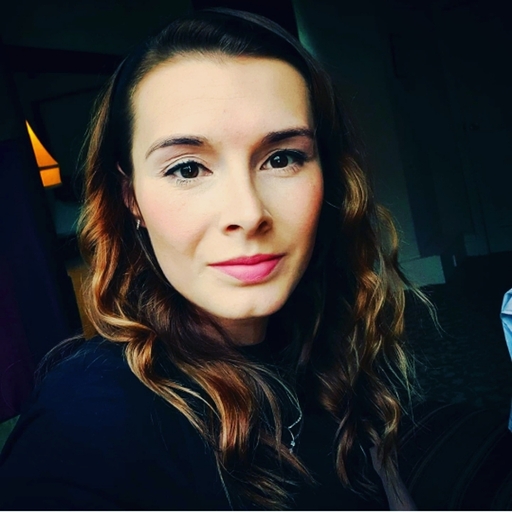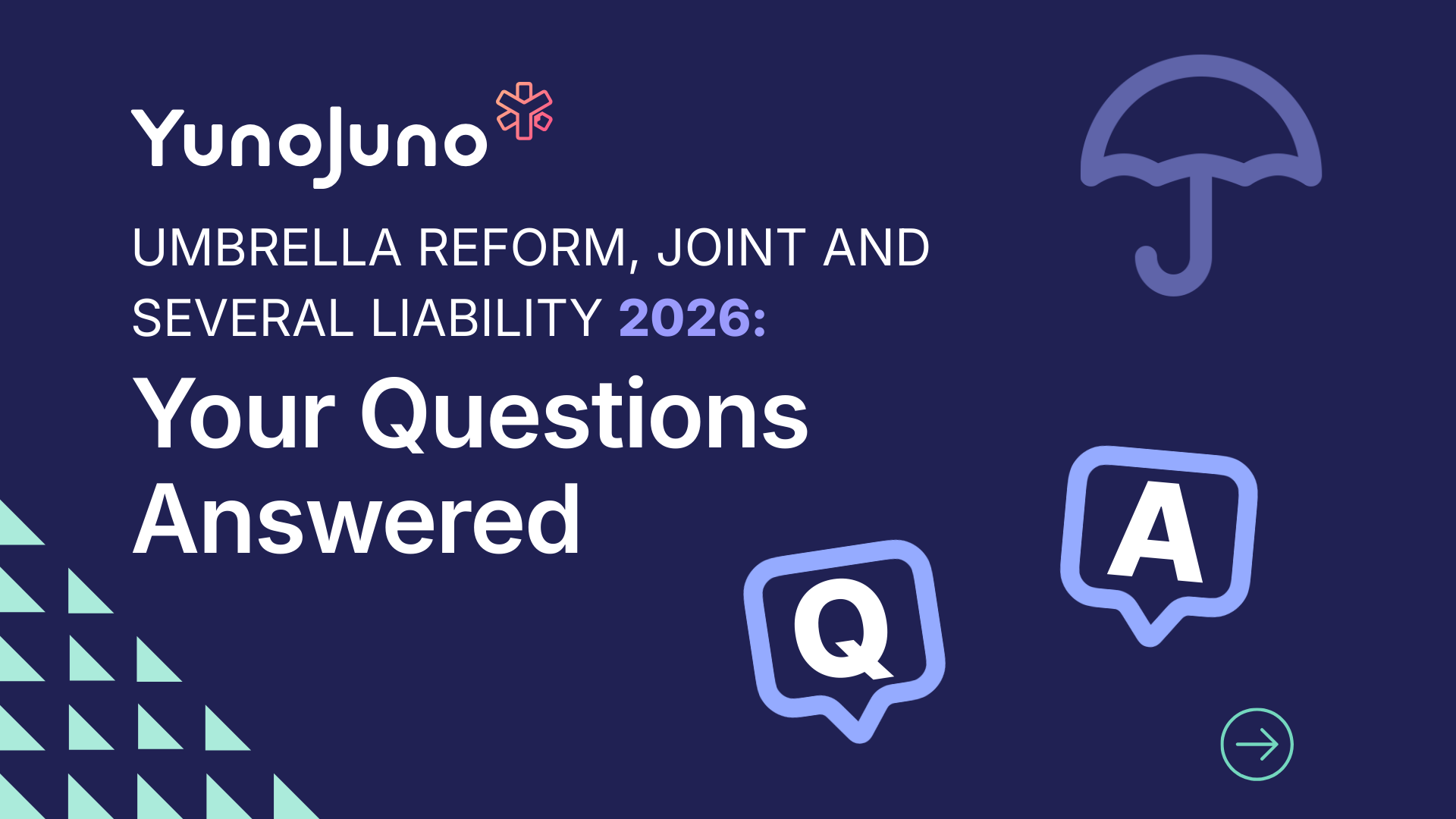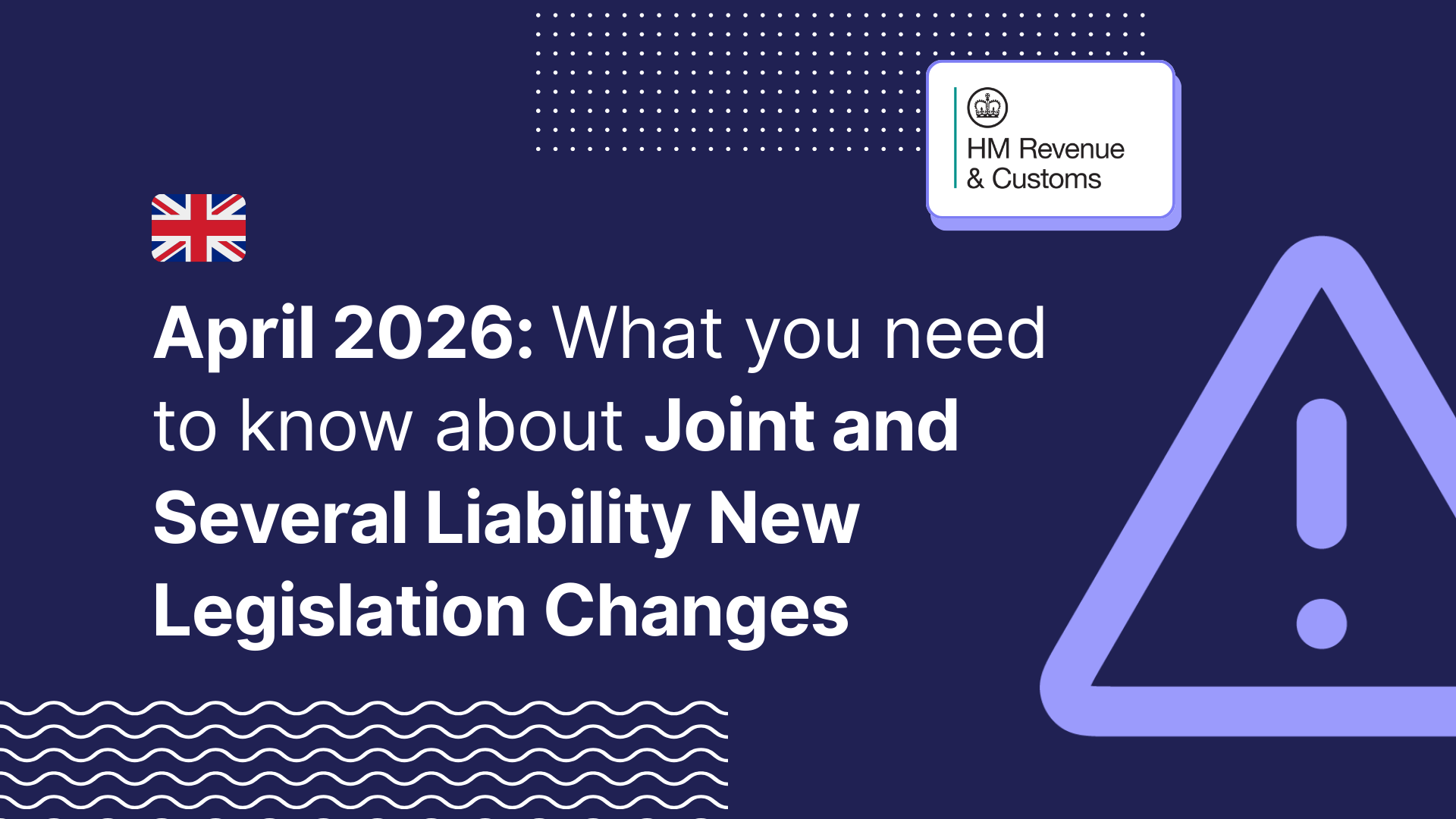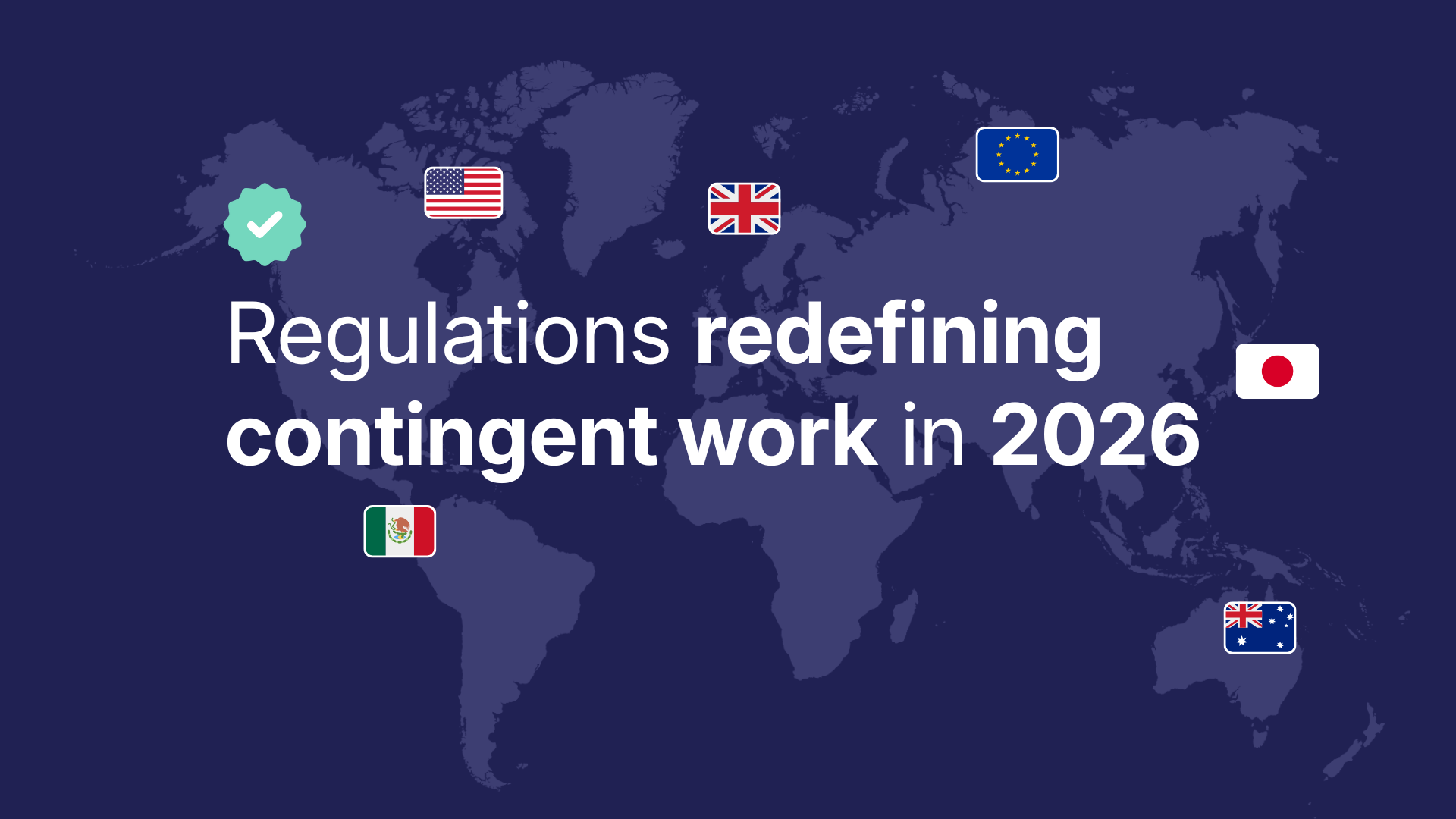Working as a freelance creative director takes three key skills; collaboration, honesty and great ideas, something that Creative Director Alex Cooper has learned over the last four years of working as a freelancer. Pushing boundaries and encouraging creativity outside of his work projects has meant Alex has developed supporting skills that have led to improving his professional life too.
We spoke to Alex about his freelance career, how he handles client challenges and vague briefs as well as how he achieves a good work/life balance as a Creative Director;
For me, I have to have a creative outlet outside of work. I write, act and direct comedy, so it means when I’m then in the branded world, I don’t feel as precious about my ideas. I think if I have all my eggs in one basket creatively, (especially if it isn’t my basket) I’m always going to find it difficult when someone critiques and comments on my work.
Being in a rather seasonal industry, as the creative sector often is, Alex found himself using YunoJuno for the first time 3 years ago when his project started to wind down. Since then, he’s been involved in some of the most prestigious agencies in the industry, creating scripts and directing creative films. We asked what one of the most important skills Alex has learned since being freelance, which he shared;
After running a production company, I learned that client handling is one of the skills I now treasure as a creative. It means that I’m just honest, but not recklessly so, with how much we can do or deliver.
When asked if he could share some highlights from a recent work project that worked really well, Alex had plenty!
A crucial one for me is collaboration, with my second being very closely linked - assembling a team of people whose work you absolutely love. Casting is just as crucial behind the camera as it is in front. These two have been a real journey for me. When I started directing, and comedy writing, I thought I needed to be an auteur, that I had the vision, and everyone helped me realise it. Whilst that is true in some cases, after studying improv comedy, I realised the joy of true collaboration, which is acknowledging that the end product is going to be richer when everyone feels like they have a voice and can feed into the creative. It empowers and inspires people, rather than feeling like just another job.
It hasn’t always been collaborating perfectly, as Alex shares a common challenge from clients in the creative industry is often budgets.
I think sometimes the budget doesn’t allow you to bring in a dream team, so again, it comes down to brutal honesty about what you can and can’t do within the budget.
Since 2019, many of us have been reviewing our work/life balance and how we can work productively but enjoy a social life and hobbies too. For Creative Director Alex, this has been one of the biggest learning curves in his career to date, as he shares;
I used to be a total workaholic and I realised that burnout is a very subtle foe of creativity. So I really tried to invest time in finding out what I enjoyed away from comedy or work. As that time away, always helped stimulate the types of projects or ideas that I wanted to work on going forward.
Having been forced to review his workloads and remain creative during a pandemic, Alex quickly found a trick that helped him remain focused on work;
I only turn my phone on after lunch, so I have the entire morning just focusing on the task at hand. As otherwise I get sucked into WhatsApp or Instagram. It’s always interesting to see how much my energy for work and creativity goes downhill as soon as I switch my phone on.
Being able to navigate vague briefs is something Alex has become an expert in.
If it’s a script, I’ll always ask them for a skeleton script, of what they want to cover, in priority order, as then I know that I’ll be covering all the key points. If it’s more about content in general, I’ll ask them for a brain dump of exactly what they see it looking like in their head, as that’s often really useful to get a read of how far they want to push the creativity and any references of other brands that they specifically love.
So, with briefs and budgets being the more common challenges creative directors can face, as asked how can clients change this or prevent these challenges from happening again;
I think creativity and client handling have to go hand in hand to get to the best ideas, not thinking that we’re in a fight for them to buy a good idea. As, for me, if they don’t like the idea, then I’ll come up with a new one. Otherwise, you’re going to be fighting a losing battle the entire project and come out with something that neither of you’re happy with.
And, when it comes to challenges fellow creative freelancers may be having? Alex offered some great advice;
It’s about brutal honesty with the client. If you’re running behind, tell them you’re running behind. If you don’t think something’s working, tell them. People know if you’re bullshitting them, and I think being totally honest, for me, has been one of the most powerful tools in how I work.
Book Alex here for your next creative project.







